
May 29 , 2024
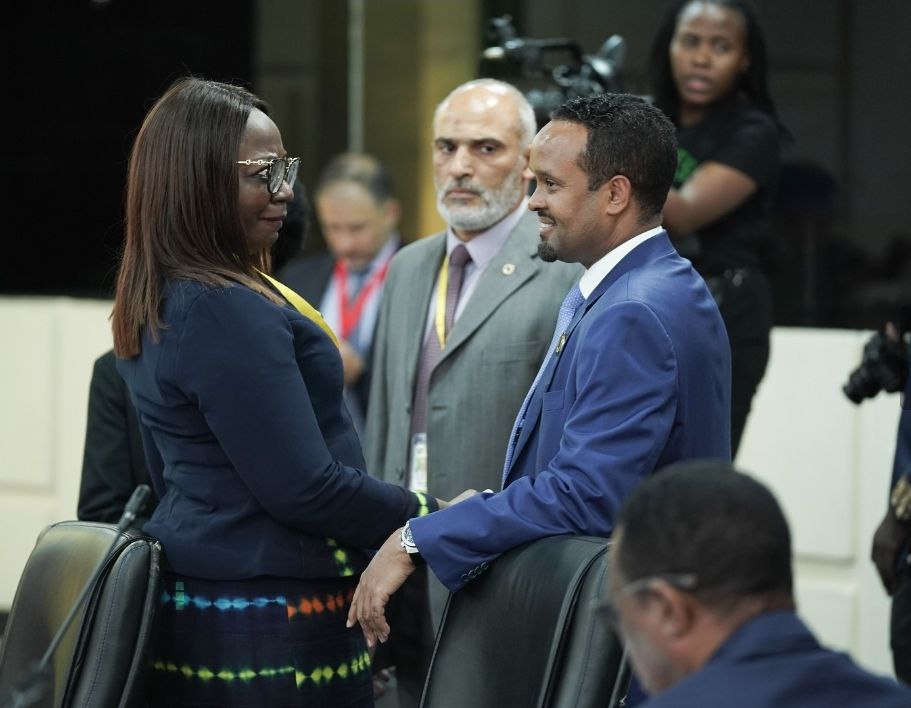
Germany has pledged a 10 million euro grant to the Horn of Afric Initiative (HoAI) to promote development and integration in the region. Along with contributions from the United Kingdom (UK), the European Union (EU), the African Development Bank (AfDB), and the World Bank, the grant is designed to enhance the Initiative's aspirations in improving infrastructure, promoting trade, and building social cohesion.
The grant also finances hundreds of projects that are hoped to connect the region, support sustainable livelihoods, and strengthen resilience against climate-induced disasters in one of the roughest borders in the world, inhabited by 20 million people.
"This gathering today shows the full strength and convening power of this Initiative," said the German representative, speaking during a ministerial meeting of the countries, which took place on the sidelines of the AfDB annual meetings opened in Nairobi, Kenya, this week.
The HoAI is chaired by Ethiopia's Finance Minister Ahmed Shedie, figures including Djibouti's Finance Minister Ilyas Moussa Dawaleh; Somalia's Finance Minister Bihi Iman Egeh; Kenya's Treasury Cabinet Secretary, Njuguna Ndung’u (PhD); and IGAD’s Chairperson Workneh Gebeyehu (PhD), as well as representatives from Germany, the UK, and the EU attended.
Djibouti's Finance Minister Ilyas hit the message home on the importance of regional connectivity, citing the ongoing project to link Ethiopia to Zeyla, an old harbour, in Somalia through Djibouti.
"We value the connectivity and the mobility within the region," he said. "There is a gap in financing from Zeyla to Djibouti. We, the Djibouti government, value the competition from this connectivity because, if done constructively, everyone will benefit."
The project, one of 119 with a total portfolio of nearly four billion dollars, is vital in improving trade routes and promoting economic integration between the three countries, whose finance ministers are native Somali speakers of the seven HoAI member countries.
"We value the competition that will come from these connections,” concurred Somalia's Finance Minister. “They will promote regional integration.”
He wants to see projects connecting Somalia with its neighbours, particularly through infrastructure projects such as the road linking Djibouti to Zeyla and further into Somalia.
"There are numbers of other roads missing within Somalia that need to be connected to Kenya and Ethiopia," he said.
But, it was not lost on the finance ministers of the three countries the geopolitical tension caused by Ethiopia’s intent to build a naval base in Somaliland, in exchange for the sovereign recognition of the latter. It was evident that Somaliland was the elephant in the room, a self-declared republic not included in the list of the Initiative.
Those who observe the region agree that the HoAI, launched in 2019, has made strides despite facing roadblocks, including the COVID-19 pandemic, proliferated regional conflicts, and climate-related disasters.
"The portfolio performance remains robust despite the many regional and global challenges," stated Gabriel Negatu, a retired AfDB senior staff consulting the World Bank on these projects. "None of the projects were cancelled due to poor performance."
Gabriel told the ministers, presenting his assessment, that 75pc of the projects received a favourable rating. However, the performance of these projects varies significantly across countries, with 31pc in Ethiopia.
A project financed by the AfDB and implemented in multiple countries was rated satisfactory in South Sudan and Ethiopia but unsatisfactory in Djibouti, Somalia, and Eritrea. The disparity unveiled the varying capacities each country faces.
"Same project, different countries," noted Gabriel, calling for tailored approaches to project implementation.
Local ownership and leadership claimed prominence during the discussion, focusing on encouraging regional cooperation.
"Country ownership and leadership have improved regional cooperation," said Gabriel. "However, devolving this partnership to the project level is necessary, from preparation to implementation."
IGAD Chairperson Workneh echoed the sentiment, arguing for the crucial role of regional economic communities in project success.
"Regional institutions like IGAD are essential for promoting regional activities,” he said. “But, they, too, face capacity constraints."
Capacity building emerged as a critical bottleneck. According to Gabriel, it is an issue across all sectors, with several projects having suffered chronic shortages of specialised skills in public financial management, project management, audit, and procurement. He urged a regional approach, coordinating regional expertise to address the issues.
The highlight of the meeting was the presentation on the Horn of Africa Gateway Project, which aims to improve transport and trade across the region by covering sections from Kenya to South Sudan and from Kenya to Ethiopia. Kenya's Treasury Cabinet Secretary hopes to see the projects reduce travel time and fuel costs while enhancing road traffic safety.
"It is to improve road transport services around the corridor by reducing travel time and fuel costs," he said.
The project is expected to promote economic activities and improve connectivity between Kenya and its neighbouring countries. However, the Secretary was candid about his misgivings of delayed disbursement of counterpart funds. No less than 54pc of the projects suffer from disbursement delays from fund providers.
"This has been a major problem because it affects project completions," he said. "If a Ministry signs for a project without budgeting the counterpart funding, it leads to delays."
He proposed that during times of fiscal constraints, counterpart funding could be scheduled towards the end of the project rather than at the beginning. While much of the meeting was dominated by discourses on hardware investment, Kenya’s Cabinet Secretary chose to focus on social cohesion and the importance of building trust and cooperation among communities along the borders.
"Social cohesion is very vital," said Secretary Ndung’u. "We need to address issues of socio and gender-based violence, inter-communal violence, and historical marginalization."
Khadija Rene, representing a project named in Somali translated as ‘Neighborliness’, echoed the sentiment, having a resounding tone that animated the meeting. Funded by the UK and the Dutch Ministry of Foreign Affairs, the project focuses on promoting peace and stability in the cross-border region of the IGAD’s three clusters, covering areas from Mandera to Lamu in Kenya and from Beledawi to Kismayo in Somalia.
"At the heart of all our response are homegrown solutions to local problems, addressing felt needs instead of perceived needs," she said.
According to Khadija, data and knowledge sharing are as essential for implementing the initiative's roadmap as the need for data-driven interventions. She quipped the Kiswahili wisdom that “knowledge is a shield.” UK's support for the Initiative through the De-risk Inclusion & Value Enhancement of Rural Economies (DRIVE) supports pastoralists' access to financial services for drought risk response and inclusion in value chains.
"We hope to promote investments in circular economies in eastern and southern Africa," said UK’s envoy for the Horn of Africa, Alison Blackburne.
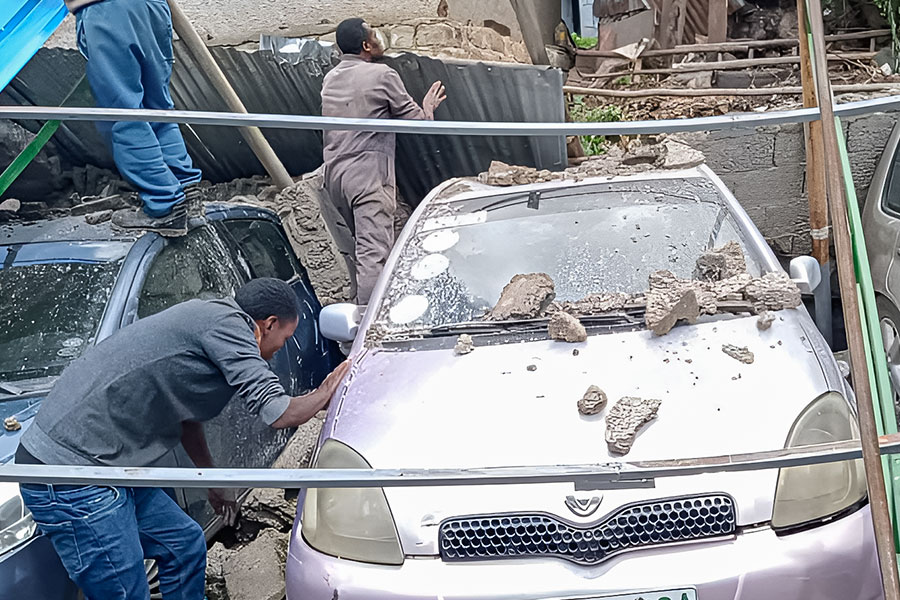
Fortune News | Aug 18,2024
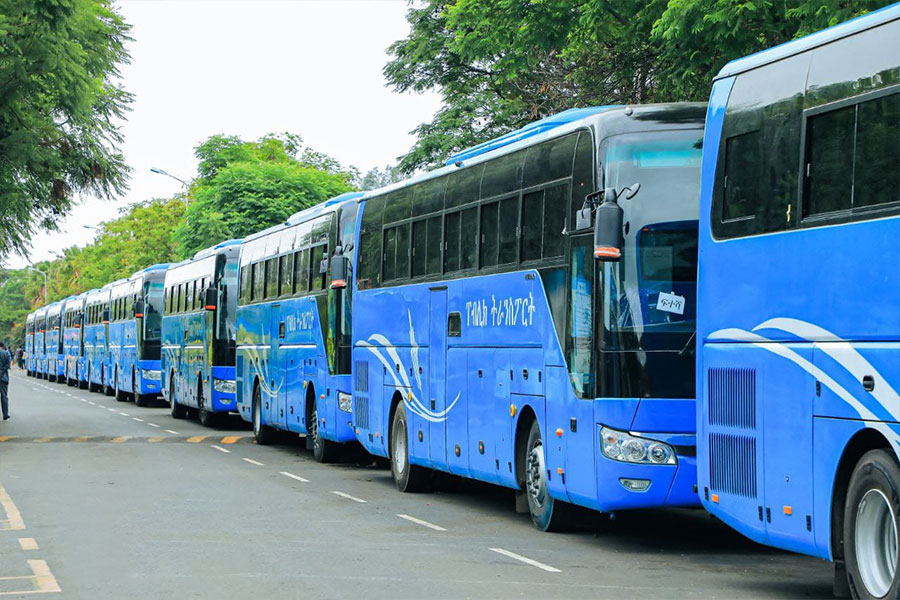
Fortune News | Aug 13,2022
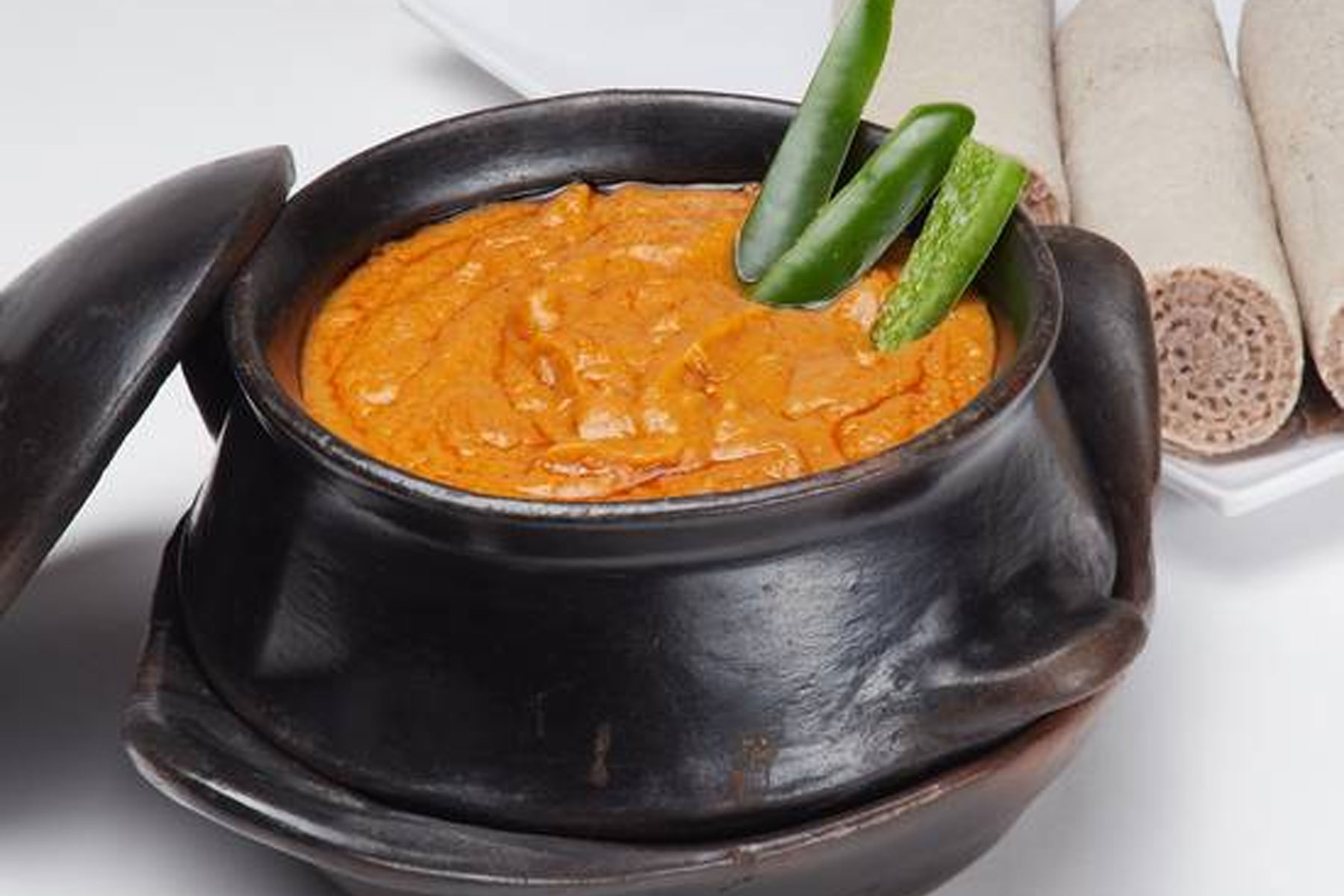
View From Arada | Apr 27,2024

Radar | May 27,2023

Fortune News | Feb 10,2024
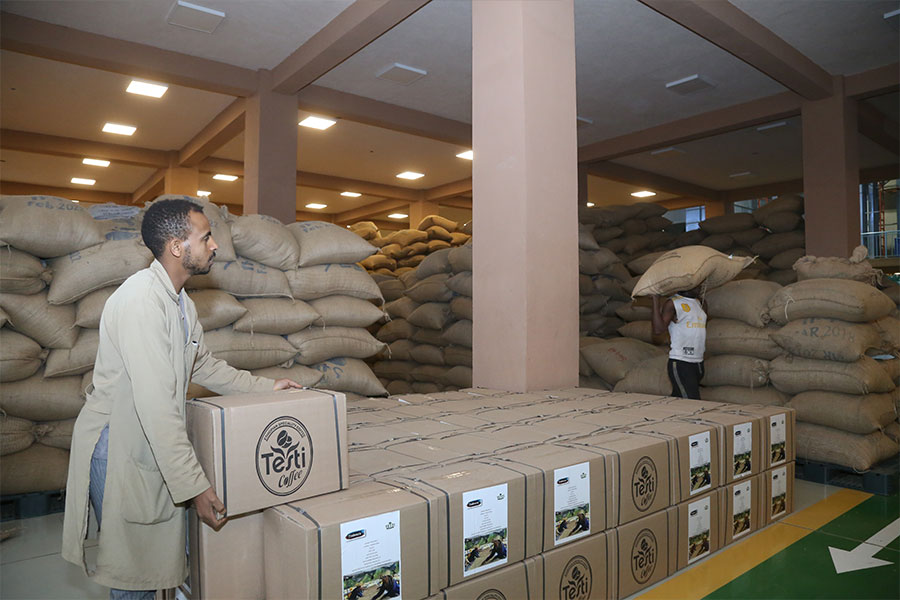
Agenda | Jul 02,2022
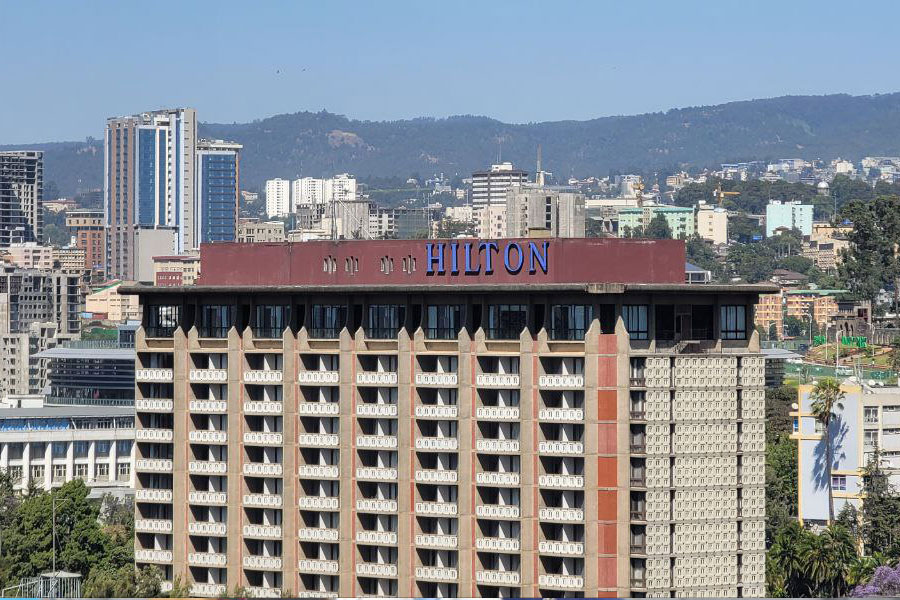
Fortune News | Apr 03,2023
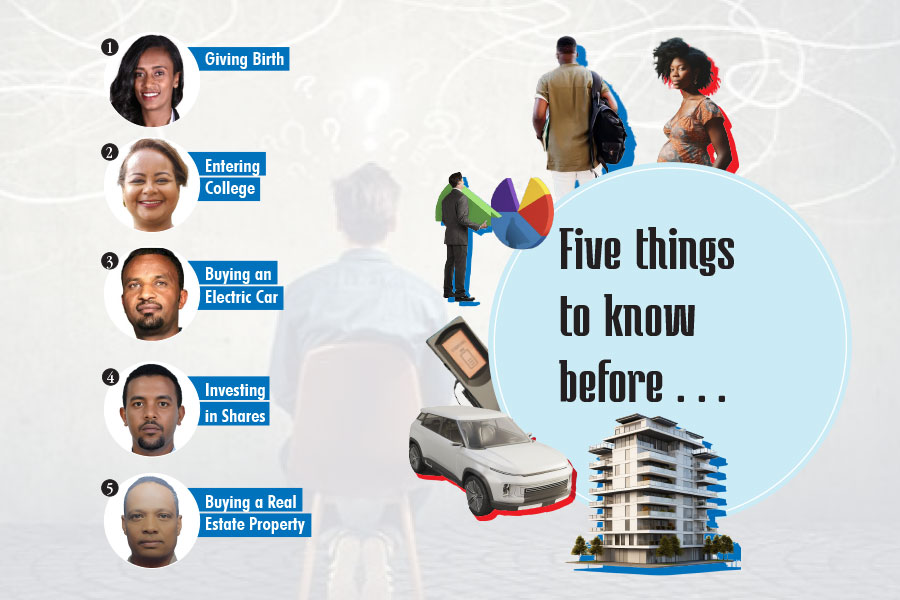
Featured | May 03,2024

Fortune News | Jul 17,2022

Editorial | Jan 07,2024

My Opinion | 131548 Views | Aug 14,2021

My Opinion | 127903 Views | Aug 21,2021

My Opinion | 125879 Views | Sep 10,2021

My Opinion | 123510 Views | Aug 07,2021

Jun 28 , 2025
Meseret Damtie, the assertive auditor general, has never been shy about naming names...

Jun 21 , 2025
A well-worn adage says, “Budget is not destiny, but it is direction.” Examining t...

Jun 14 , 2025
Yet again, the Horn of Africa is bracing for trouble. A region already frayed by wars...

Jun 7 , 2025
Few promises shine brighter in Addis Abeba than the pledge of a roof for every family...